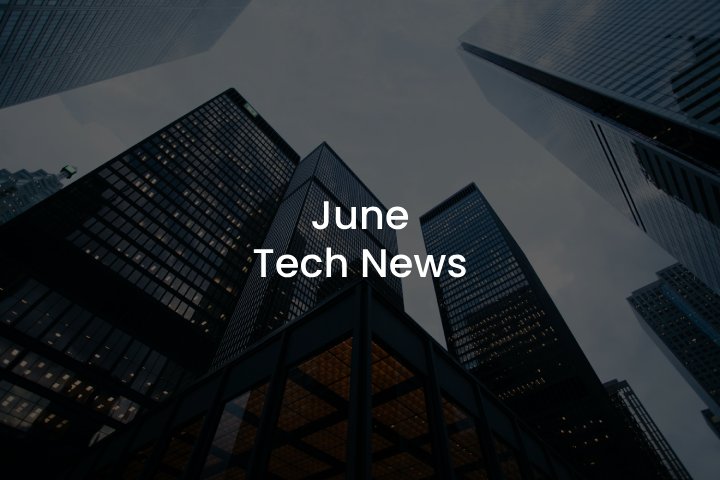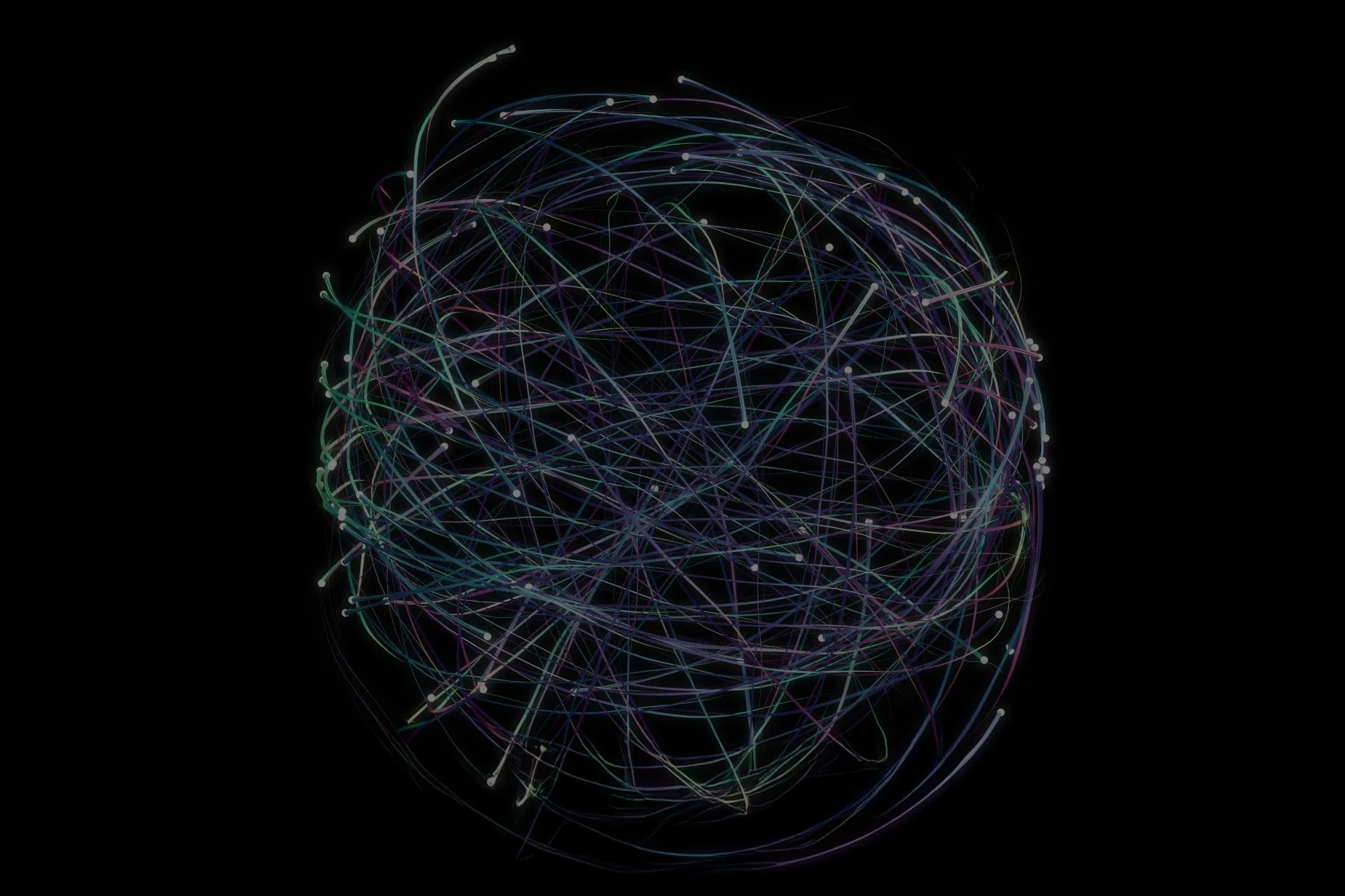
Tech News June Edition: Major Updates in AI, Space, and Security
Welcome to the June edition of Tech News! This month, we’ll look at various fascinating topics, including huge announcements at WWDC 2024 and ground-breaking advances in artificial intelligence and space research.
Let’s go right in and explore what the IT world has been talking about!
Pixel Phones: Urgent Security Update Fixes Major Hack Risk
Pixel phones have received a big security upgrade. Google issued a crucial update wiping out 50 vulnerabilities, including a hazardous one (CVE-2024-32896) that may allow hackers total control of your phone. This update also corrects additional Pixel software components as well as certain Qualcomm-made ones. From the Pixel Fold to the Pixel 8 series, all Pixel phones have updated accessible. Download and install it (Settings > Security & Privacy > System & Updates).
Although other Android phones also have this same vulnerability, a solution for them could take some time as those devices have unique capabilities. Should you need a Pixel and intend not to upgrade to Android 15, you may be caught in this security flaw for a longer period.
Apple Announces AI Push at WWDC 2024: Siri Evolves, iPhones Get Revamped, and Developers Get AI Tools
The long-awaited WWDC 2024 keynote is here! Apple kicked things off with a flurry of announcements, which we will now review.
- Apple Reveals “Apple Intelligence” at WWDC 2024
Apple’s WWDC 2024 keynote presented a clear AI drive. “Apple Intelligence,” a brand-new technology that personalizes user experiences with on-device processing for maximum privacy, takes the stage.
- Siri Gets Personal and Smarter
Siri has major enhancements in contextual awareness, access to generative AI tools (such as ChatGPT), and more natural interactions. Siri is therefore a more personal and effective helper than this creates.
- iOS 18: Emphasizing User Experience
There will be plenty of user-centric changes in the forthcoming iOS 18 Natural language searches are possible with Enhanced Spotlight Search; a new permissions system gives more control over contact sharing. Additionally gaining RCS functionality, users may now personalize their home screens, lock applications, and schedule messages in the rebuilt Messages app.
- Novelties in Apple Products
While macOS Sequoia supports mirroring of iPhone displays with Continuity, Apple Watch owners may now stop activity rings. VisionOS 2 further incorporates artificial intelligence into the user interface with its immersive experiences like spatial pictures and simple gestures.
- Apple TV+ Gets InSightful; Photo App Gets Organized
Apple TV+ adds an “InSight” tool with actor and song information akin to Amazon’s X-Ray. While a new Passwords app streamlines password management, the Photos app gets a make-over for improved navigation and organization.
- Apple Expanding AI Strategy, Developers Get Tools
Generative artificial intelligence SDKs provide developers with resources to include enhanced Siri prompts and picture creation in their projects. Apple’s work with OpenAI (ChatGPT) points to a more general AI approach and suggests relationships with models like Google’s Gemini.
- Satellite and Tap to Cash messaging
Other announcements included “Tap to Cash,” a new contactless payment system employing iPhones, and texting via satellite for communication devoid of cellular service. Emphasizing user privacy and improving current capabilities, these improvements highlight Apple’s pragmatic approach to artificial intelligence, while arming developers with creative tools.

Windows 11 24H2 Update: Limited Release Now, More Features Coming Later This Year
Microsoft unveiled Windows 11 version 24H2, however, for now Copilot+ PCs (new Snapdragon X-powered Windows on Arm laptops) only have access to. There isn’t much new with the update for regular users: just bug fixes and security tweaks. One feature for Copilot+ PCs, Recall, was pulled due to privacy concerns.
Regular users can access the update through the Windows Insider program as a preview build, but it might be buggy. The full release of 24H2 with more features is expected in September, possibly later in 2024. There may be some features that can only be used on Copilot+ PCs. Overall, you aren’t losing out on anything by not having the update. The preview build being available again suggests the full release is on track.
Light-Based Chips Could Be the Future of Energy-Efficient AI
Conventional computer processors are unable to meet the always-rising power needs of AI. Light-based electronics provide a potential solution for the following reasons.
- The problem is Moore’s Law, which forecasts exponential expansion in computer capability, nearing its limitations. Unjustified energy consumption of AI.
- The solution: Optical neural networks function with light rather than electricity. Among the benefits of light are reduced energy use and greater bandwidth.
- Challenges: Building practical optical chips is difficult. They don’t yet match the performance of electronic processors and need more sophisticated engineering.
Promising discoveries of late have come from:
- MIT researchers built an optical neural network capable of quicker and more efficient matrix multiplication than electrical systems.
- At the University of Southern California, a team created a new optical device with exceptional efficiency and capacity for considerably bigger models.
- University of Pennsylvania researchers created a reconfigurable optical device with fly-through programming capability.
Even in their early years, these developments highlight optical computing’s promise for artificial intelligence. Scaling these technologies and making them competitive with current electronic circuits still presents difficulties. Nonetheless, optical neural networks show great promise for the direction of artificial intelligence given their possible energy reductions and performance increases.
Beyond Six Missions: Boeing’s Starliner Reaches Space Station
Despite years of delays, Boeing’s Starliner successfully transported astronauts to the space station. The crew will assess the spacecraft’s systems while docked. This is a big win for Boeing, but challenges remain.
Beyond its six contracted ISS expeditions, Starliner has an undetermined future. Development problems and SpaceX’s competitiveness cast shadows. Future space stations, performance today, and exceeding Crew Dragon will determine the spacecraft’s long-term viability.
A successful mission is just the first step. Boeing must prove Starliner’s worth to secure a lasting role in space exploration.

Privacy Concerns Force Microsoft to Backtrack on Invasive “Recall” Feature
Privacy issues have been raised strongly about Microsoft’s new Recall tool, which silently saves images of user behavior every five seconds for AI analysis. Initially planned to be enabled by default, security reaction has caused the function to be turned off by default.
Security experts cautioned that if hackers compromised a device, they could simply access the gathered data, which included passwords and browser history. In response to criticism, Microsoft is making Recall an opt-in feature and requiring user authentication to access the data.
Some analysts, however, feel that these improvements are insufficient. They believe customers will still allow Recall because of relentless marketing and that legal challenges like subpoenas might still force consumers to send up their data. Given Microsoft’s recent data breaches, this episode draws attention to a more general trend of the company giving functionality priority over security.
Google Play Store Tests Auto-Launch for Newly Installed Apps
The Google Play Store is currently testing a new feature called “App Auto Open” that opens newly installed applications. This functionality eliminates the need to manually launch the program after installation. Users will get a few seconds notice that may be hushed. While the capability is not yet operational, it might be enabled by default, with the option to disable it. This functionality might help users who forget to run new applications after installing them.
Bottomline
For Tech News this month, that is all we have. From privacy issues to space exploration and artificial intelligence developments, the IT landscape is always changing. Follow our blog for more fascinating developments!


